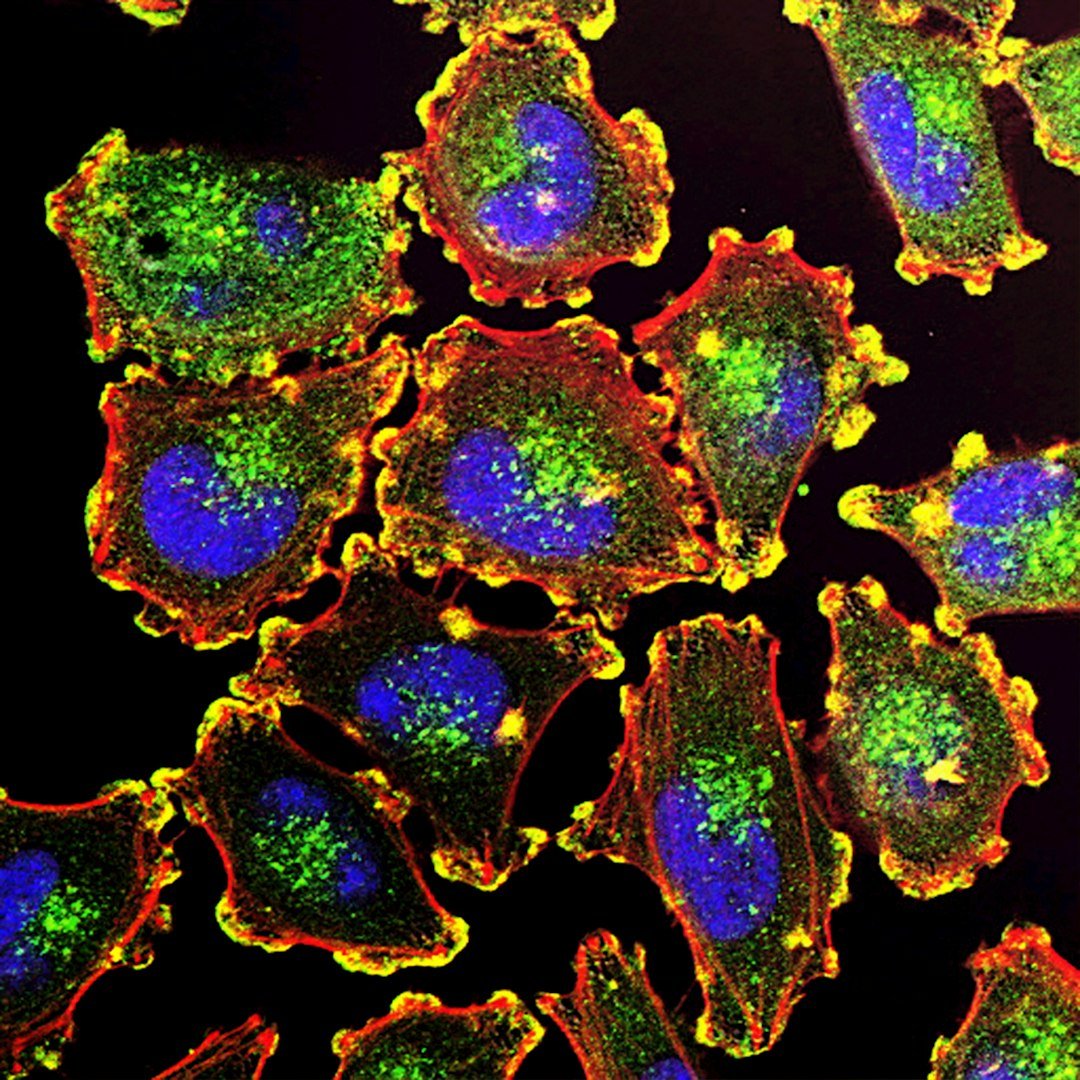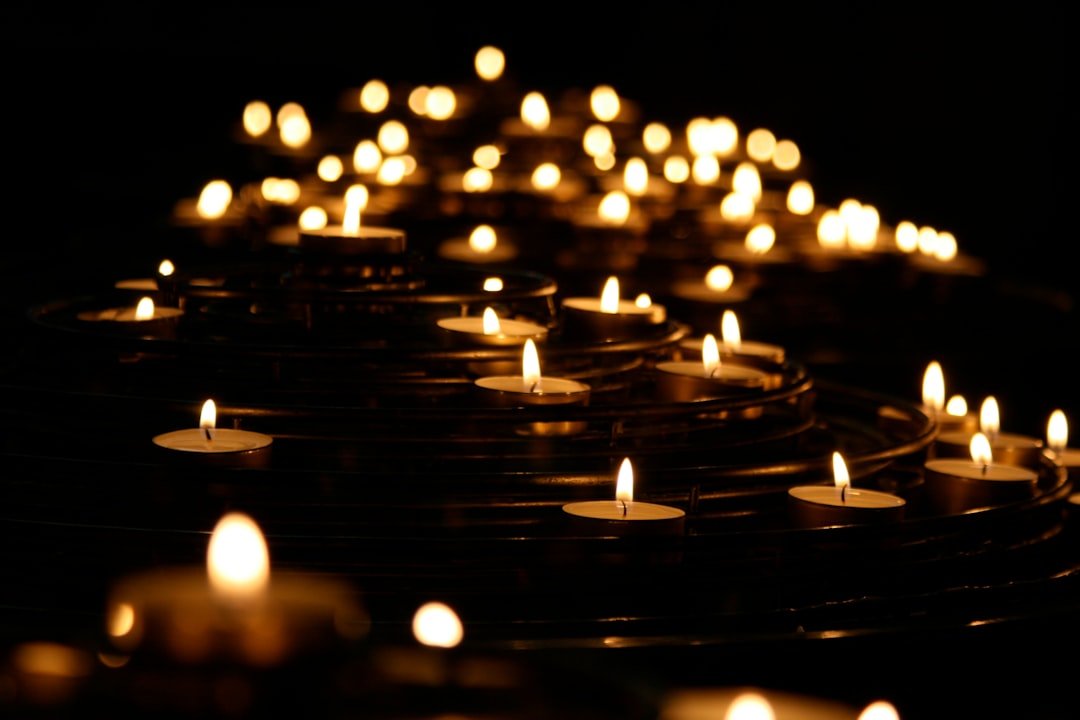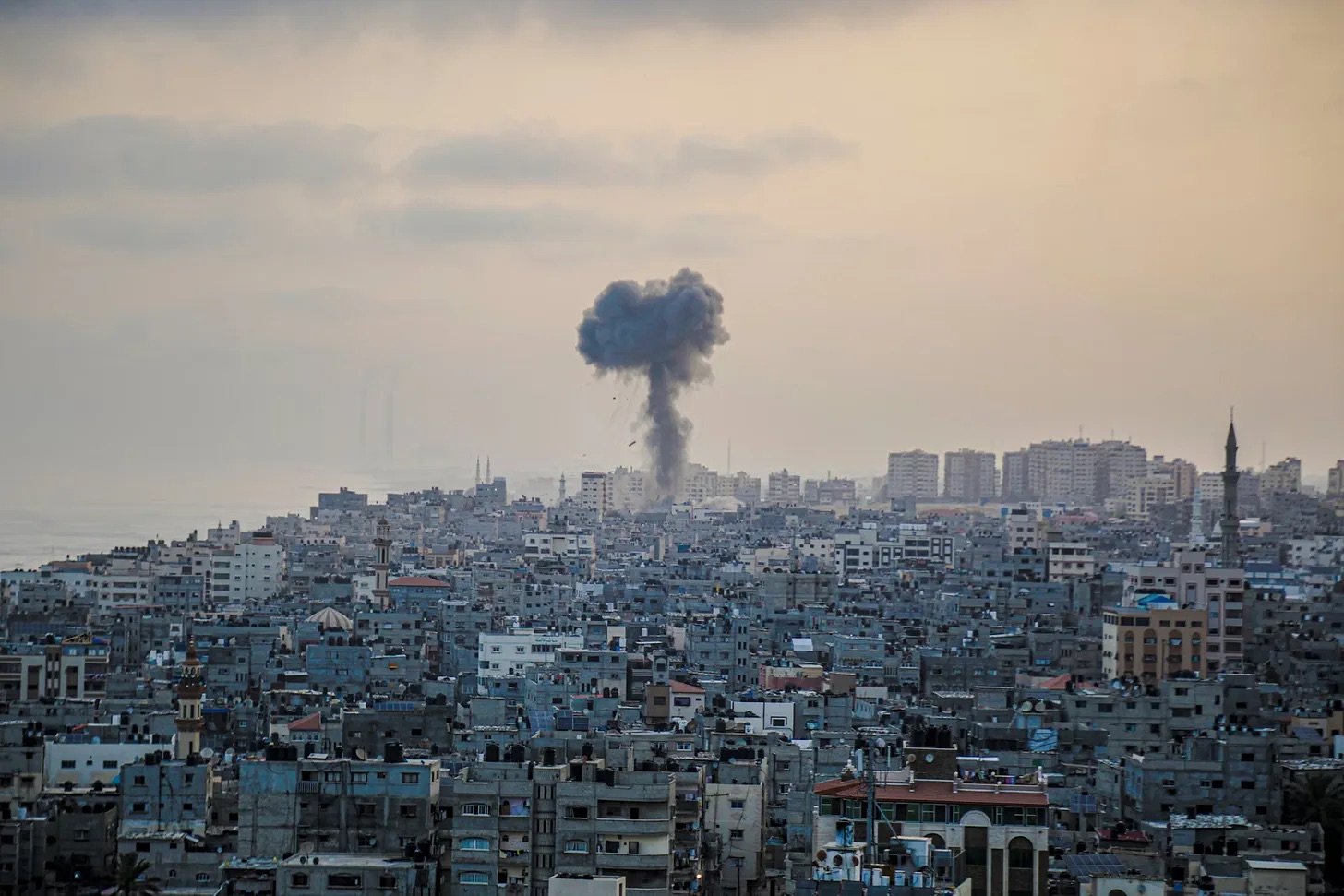I've been thinking about how worn out I feel.
I turn 83 in the middle of June, and I’ve known since my 80th birthday that my strength is ebbing. I had both knees replaced a decade ago and though I’ve not been able to play tennis or run at all since then, it's only been recently that my knees have been hurting all the time. I stretch my legs and do three sets on the rowing machine twice a week at the gym, but nevertheless, sore knees throw off my gait which then puts pressure on my back, which has been complaining for decades anyway.
Does this sound like a typical whiny old man unable to accept his body’s decline? Limping to the table for dinner a month ago, I said to our son, I feel like I’m walking like an old man. I didn’t like his response: That’s because you ARE an old man, Pop, smiling his magnetic smile. Thanks a lot, Brendan.
BECOME A FREE SUBSCRIBER TO I’VE BEEN THINKING
But it's not just my age and my body that are exhausted - my spirit is also worn out. I’m soul-saddened by the death of a lifelong friend and the startling news of the serious illness of another dear one. At my age, the illnesses and deaths of my peers are no longer a rarity. But the depth of my current sadness caught me by surprise.
I suppose it shouldn’t have. I've been dealing with clients' experiences of trauma for decades, but it's only recently that I realized that I’ve got Post Traumatic Stress Disorder (PTSD) in relationship to death. Trauma is when something over which you have no control or responsibility happens to you at such depth that the pain of it takes up residence in you, becomes a part of how you experience and understand yourself. Grief has inhabited my cellular self.
It started when I became a minister in my mid-twenties. I fell in love with members of the parishes I served, and their deaths crashed into me in ways that were beyond my capacity to absorb and process. With each loss, I just sucked it up, put on my clergy face, eulogized people I adored, and said prayers over them as we shoveled dirt at their gravesites. I can still hear the dirt hitting the tops of their coffins. But I never made space for or attended to my own grief.
There must have been at least one hundred people whom I knew and loved – little children, teenagers who died of drug overdoses or in drunk driving accidents, a beautiful twenty-five year old woman whose wedding I officiated in September and whose funeral I presided over December when undetected cervical cancer killed her in weeks. I watched dozens of older friends decline over the years. These hundred deaths that I never took time to grieve because I was off to the next person’s illness, or relationship tragedy, or or or...
There was always the next crisis close on the heels of the previous one.
Grief has inhabited my cellular self.
It is one of our lives’ perverse good fortunes that Becky and I were in therapy when our son died. For the first time we had someone’s help in walking us through the trauma, someone to listen to the primal pain like a constant scream that roared up out of our souls, someone to finally grant us the grace of owning our loss in a way that allows us now to remember Jesse without breaking into tears or feeling like our hearts are ripped open once again.
Learning to deal with this shattering loss allowed me to return in my memory to all those previous deaths that still weighed on my soul and to allow myself to grieve them in a way I'd not been able to when they occurred. This process freed me from the chronic burden of sadness that had haunted me for decades.
Recognizing and processing trauma is vital, but it doesn't make it hurt any less. The pain is still there, even if you learn how to deal with it. Over the past two years, I've watched the physical and mental decline of a close friend I learned to love more than half a century ago. I’ve felt deeply embedded in the love her family wrapped around me and mine. By the beginning of this year, we knew her end was near; still, when I got that phone call in late April, my heart hurt as if from a brand-new assault. I spoke about my friendship with her at her memorial service, which helped me put my grief into words, so I didn’t have to stuff it down as I had so often done in the past. But for about two weeks I could feel the heaviness in my soul, like every day meant pushing a new boulder up the damned hill.
Two weeks after her service, I got a call from the thirty-something daughter of a friend I’ve known for forty years, telling me her mother was having a terrible time dealing with her third round of chemotherapy for a cancer none of us knew about. Oh no! Not again! Not so soon! I called my friend and we spoke for an hour. She is so depleted from the treatment, and she’s not sure if the cure or the cancer is worse.
Neither of us said it explicitly, but we both knew where that course would likely end.
On top of the weariness of my body and my soul, I realize how toxic the air has seemed since October 7th, when Hamas invaded Israel. I was already war-weary from following the conflict between Russia and Ukraine. I’ve been an activist for peace since my twenties and part of a congregation for forty-three years whose reaction to the Vietnam, Afghanistan, and Iraq conflicts has been consistent: stop the war. But a few weeks ago, in a forum at our church, a Ukrainian woman spoke to us about the need to supply Ukraine with weapons and I realized that for the first time I and most of my church friends have taken sides. We want Ukraine to defeat Russia, and are praying – yes, praying – for such an outcome. It’s been a wrenching transition in my conscience from advocacy for peace to advocacy for one side winning a war.
Then came October 7th’s chaos. This has been more personal for me. For decades I, like so many, have decried Israel’s treatment of the Palestinians in Gaza and the West Bank and lobbied for some two-state solution that allows Israel to be safe and Palestinians to be free. I’ve read and hoped for decades with each step forward, as Israeli and Palestinian leaders and several US presidents have brokered and then broken agreements.
One of the venues Hamas attacked was a dance festival near kibbutz Re’im in the western Negev desert, about three miles from the Israeli-Gaza border. The festival was billed as a celebration of friends, love, and infinite freedom, and over three thousand Israelis came from across the country. On the morning of October 7th, Hamas attacked and by the end of the slaughter over 300 Israelis, most of them young adults, were dead and others were taken hostage.
I have two personal connections to this tragedy which heighten its impact for me. First, we lost our younger son when he was twenty-four years old; he died in January 2000 in a traffic accident while serving in the Peace Corps in Guinea, West Africa. When I heard of the death of these young Israelis I immediately thought of their parents, knowing the horror they were going through and the irreversible grief that would descend upon them as the reality of their childrens’ deaths seeped into their souls.
Second, we’ve been friends for decades with a couple with two grown sons whose bar mitzvahs we attended over twenty years ago. One lives in Seattle near his parents and is very much pro-Palestinian in this conflict; the other lives and works in southern Israel, close enough to the border with Gaza that he and his Israeli wife can hear the relentless bombings. His wife’s sister cancelled an assignment to be part of the security force at the dance festival, which probably saved her life. The continuing disagreements between the brothers are heartbreaking to their parents but seem as deep and intractable as the conversations I’m involved in with friends who take different sides in this conflict.
To add a late injection to this months-long miasma, I’m a UCLA graduate and it’s one of the campuses where this conflict flared up and led to violence.
I feel a deep sadness for these people I care so much about, and the strain in their relationship created by this war that has no clear resolution. What will put an end to their pain, or to the pain of the thousands of parents - Israeli and Palestinian - whose children are dying?
I’m exhausted from the strain of war.
So I enter this summer weary from my body’s decline, heavy-hearted with the loss of one friend and the dangerous plight of another, and depleted by two brutal wars. I wish I had the capacity to suggest summer reading or films to see, but instead I'll wish that you get out of this summer what I seek for myself: lots of sleep, recovery from a bone-deep weariness, and a renewed energy to take on whatever the fall brings.
This is my final post for this season. I’ll be back in September to take on our personal and relational struggles, the societal injustices that plague us, and – this should be exhilarating! – the madness of a presidential election.
Thank you for your loyalty in reading and responding to these posts. I look forward to September and a renewal of our ongoing conversation.






